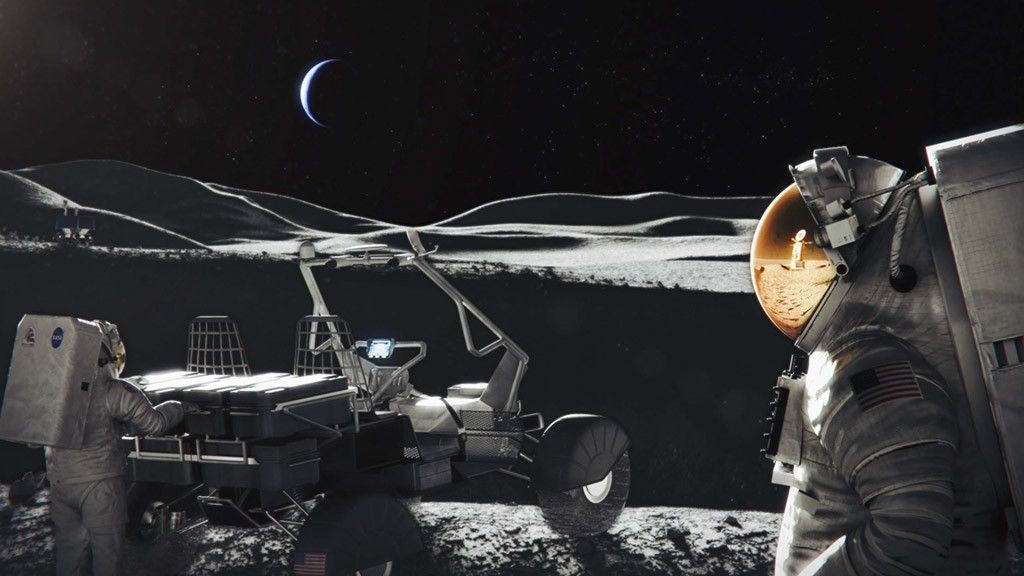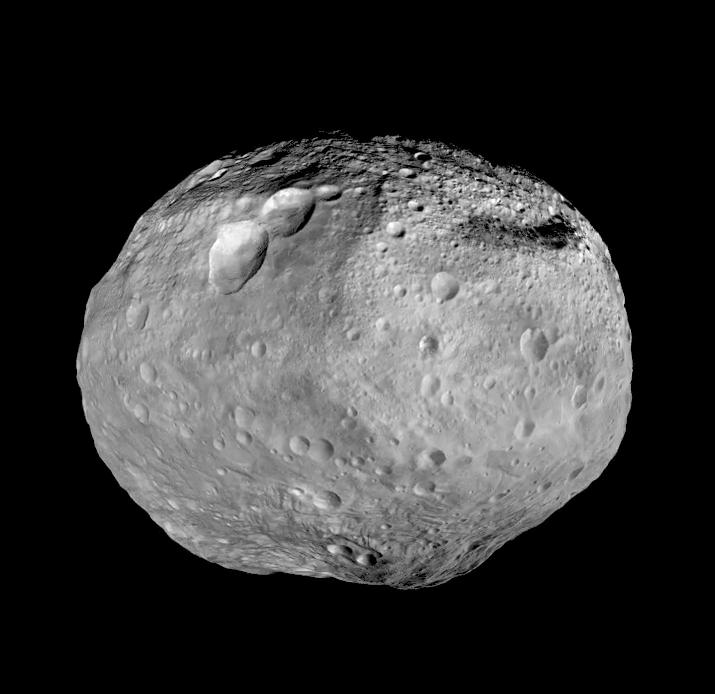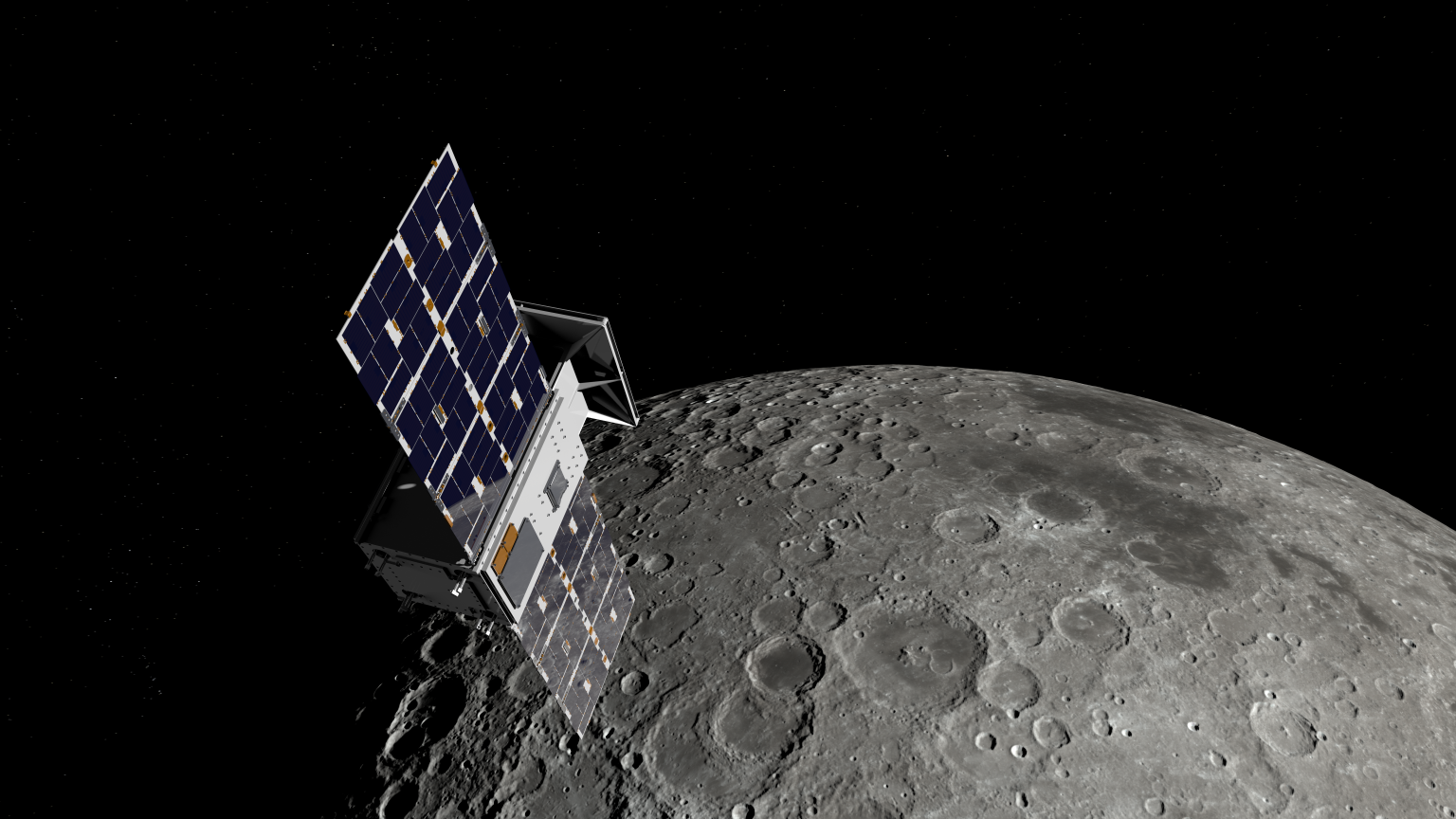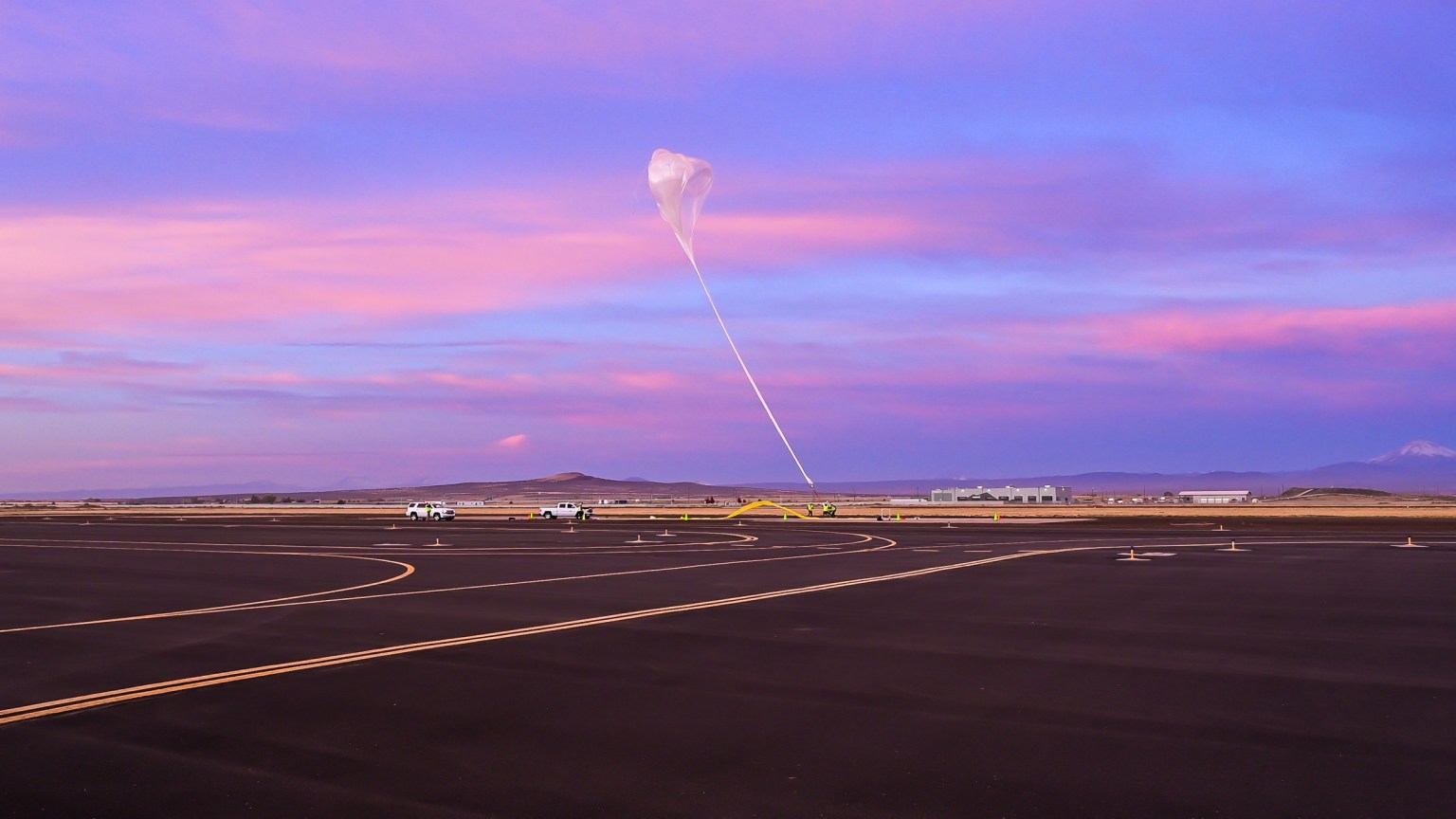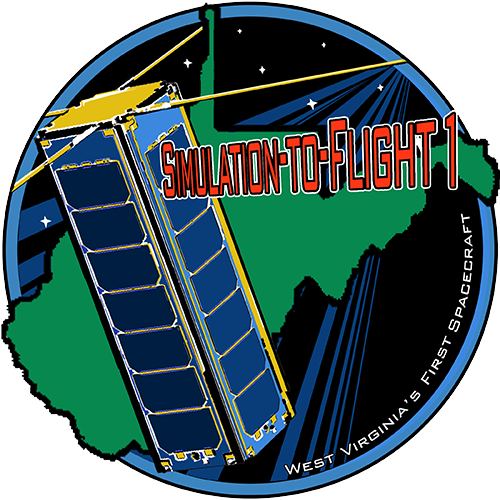Small Spacecraft Community of Practice
Subscribe to receive announcements for the Small Spacecraft Systems Virtual Institute’s (S3VI) monthly webinar series and quarterly newsletter here. We look forward to your participation!
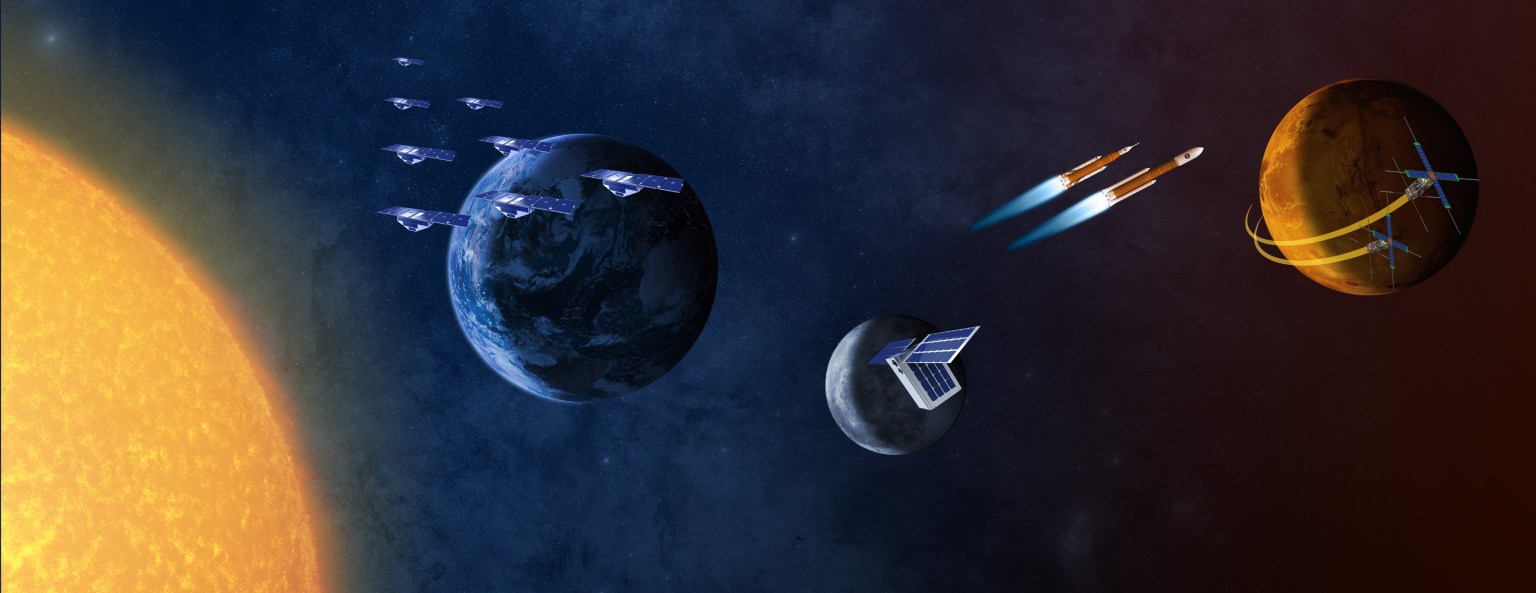
The Pathfinder for Autonomous Navigation: Technologies and Lessons Learned
Speaker: Mason Peck, Cornell University
Wednesday, May 10, 2023
10:00AM-11:00AM Pacific Daylight Time
Click here to download the presentation.
Please contact Julianna.L.Fishman@nasa.gov if you experience issues with the audiovisual connection to this webinar.
Abstract: The Pathfinder for Autonomous Navigation (PAN) consists of two 3U CubeSats with 6DoF attitude and position control. The pair were capable of relative navigation with 3 cm accurate carrier-phase differential GPS technology. Each had an identical electromagnetic docking mechanism, with the goal of demonstrating fundamentals of autonomous in-orbit servicing and assembly. Launched together on January 13, 2022 through NASA’s CubeSat Launch Initiative, the two spacecraft survived for four months. A late, unapproved software change escaped the verification process and ultimately led to a “safe mode” that was anything but: this mode consumed too much power for the spacecraft to enter normal mode after separation from the launch vehicle with the expected low battery state of charge. While the two demonstrated some compelling subsystem technologies, raising them to TRL 6, the mission was only minimally successful. In one measure of mission success, nearly 200 university students gained unique experience in spaceflight engineering during the design, assembly, integration, and testing of PAN. If there is another opportunity to fly a build-to-print PAN, we would pursue it because all other components performed as expected.
Biosketch: Mason Peck is the Stephen J. Fujikawa professor of Astronautics at Cornell University, where his research since 2004 has focused on spacecraft system architectures, attitude dynamics and control, and practices for technology development and innovation. Examples include chip-scale spacecraft, propellantless orbit maneuvers, and spacecraft actuation with control-moment gyroscopes. He directs the Space Systems Design Studio, the home of Cornell’s space technology flight-experiment projects, including Kicksat-1, the first crowdfunded spacecraft. He also is the Director of the NASA New York Space Grant Consortium, which focuses on NASA-relevant STEM education and workforce development. From late 2011 to early 2014 he served as NASA’s Chief Technologist, the agency’s lead strategist and advisor on matters of technology development in support of its civil space objectives. From 2001 to 2004 he served as a Principal Fellow at Honeywell, and from 1995 to 2001 worked at Boeing Satellite Systems as an engineer in attitude dynamics and mission operations.
S3VI encourages the community to submit questions before the webinar to enable more directed responses. Please send questions to craig.d.burkhard@nasa.gov.

















